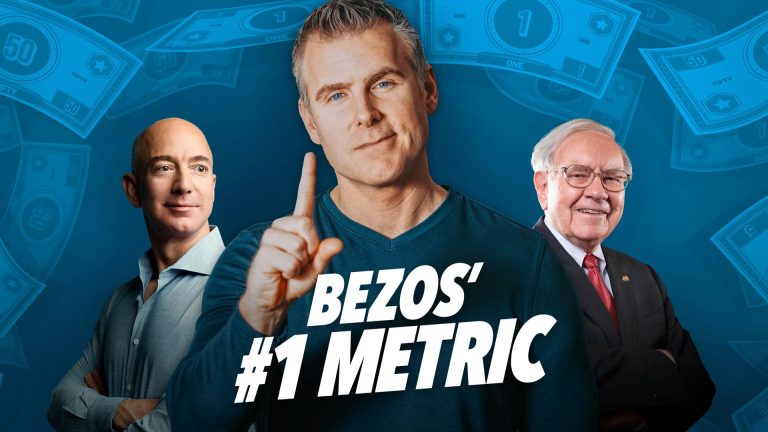
4 Financial Strategies You Need To Know
You can build a multi-million dollar business and be horrible at finances. I am living proof of that. Here’s a few fun phrases: “Balance sheet” “Operating cash flow” “Cash flow

You can build a multi-million dollar business and be horrible at finances. I am living proof of that. Here’s a few fun phrases: “Balance sheet” “Operating cash flow” “Cash flow
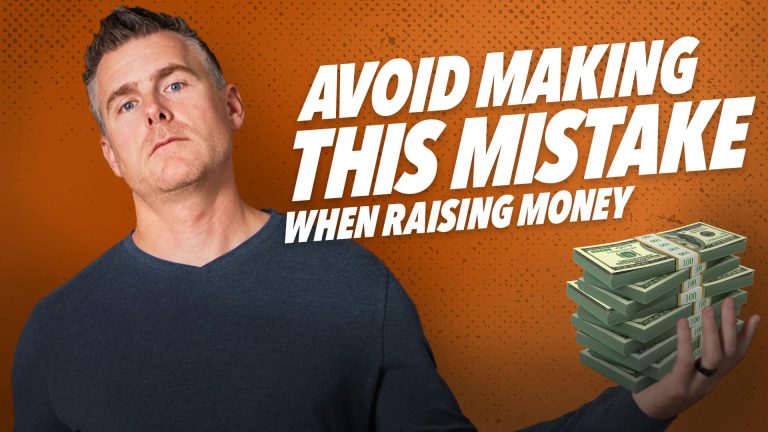
“Should I raise money from your customers or big strategic investors?” Hard to say without taking a closer look. But having raised over $500M of venture capital, I know what

If investors give you money to grow… Are you still able to sell your business later on? I’ll let the numbers speak for themselves… 96% of funded companies also exit
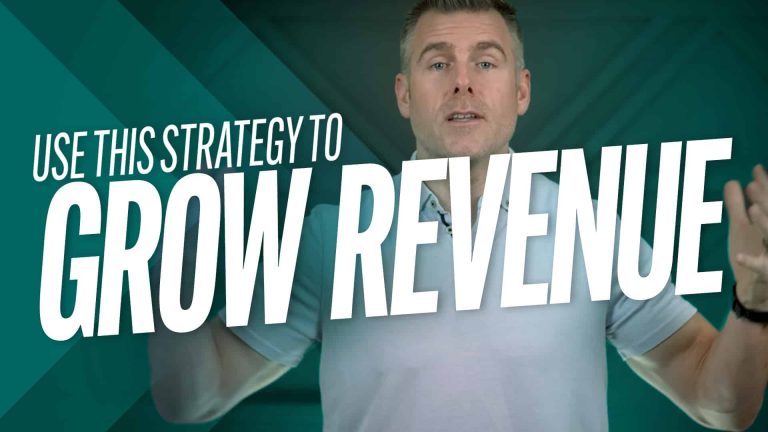
If you’re looking for ways to grow your MRR… I’ve got a bold move I want to share with you today. It’s a move that makes most founders tense up

Do millionaires think differently about money? Absolutely.
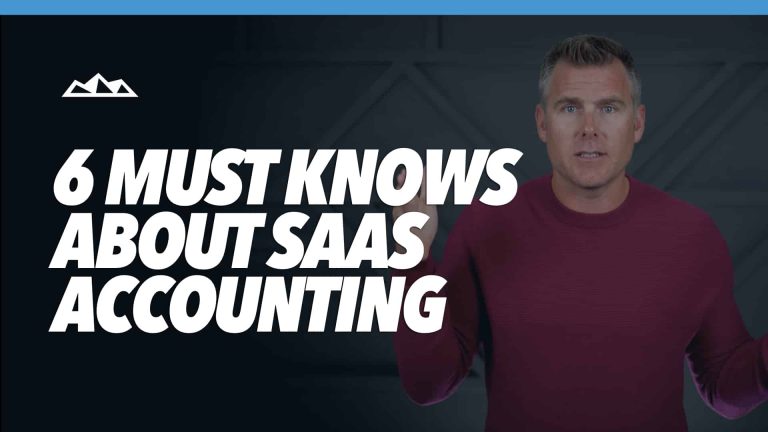
I didn’t want to shoot this video. Honestly, I didn’t even think it was necessary. I assumed that all scaling SaaS founders must be doing accrual accounting, right?

If you want to start a new SaaS business in 2021 without tearing your hair out, my advice is: Find a co-founder. You shouldn’t have to do it all on
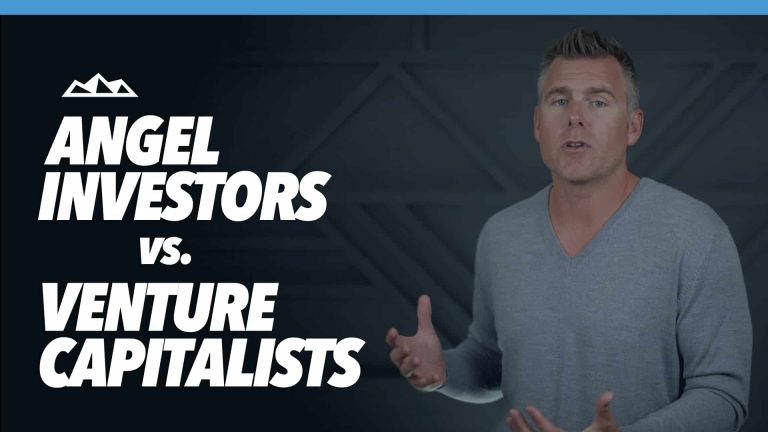
How are angel investors different from venture capitalists? Both invest in businesses. Both can write you big checks. Both have the power to help your business growth with a cash
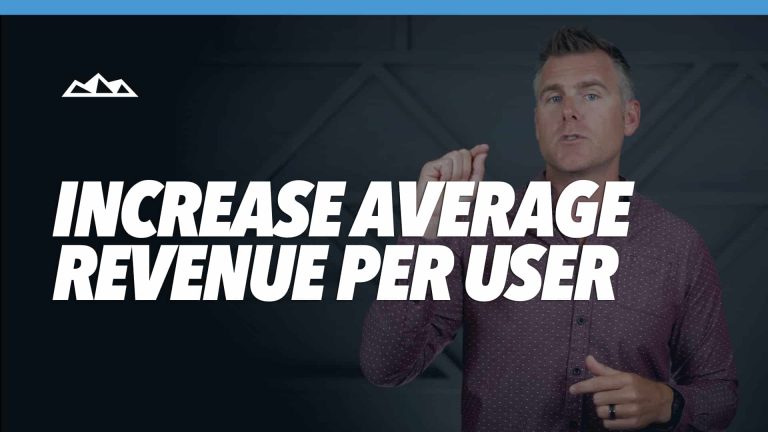
In 2009, my mentor Dharmesh Shah (co-founder of Hubspot) sat in my office in San Francisco and casually dropped an acronym I hadn’t heard. “We want to increase our ARPU”,